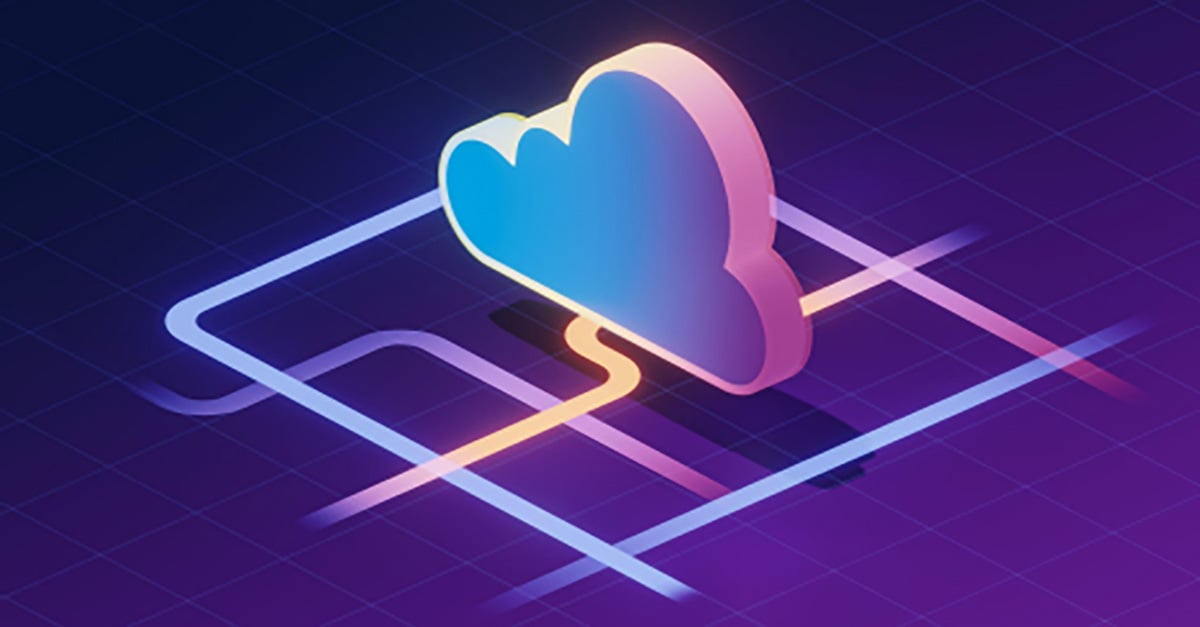4 min read
5 Compelling Use Cases for Document AI
Managing and analyzing vast amounts of unstructured data is a significant challenge for organizations today. With the digital transformation...
From manufacturing to retail, the transformative power of Artificial Intelligence (AI) and Machine Learning (ML) are reshaping the way that today’s top companies do business.
With Google Cloud Platform (GCP), your organization can enjoy a suite of easy to use AI and machine learning services designed to reduce infrastructure and drive your competitive advantage.
With the sheer volume of data that most modern businesses are saddled with, it can be difficult to perform a proper analysis using traditional business intelligence tools. And so, many are turning to machine learning to propel their business forward.
Machine learning models need comprehensive computing and storage capabilities to perform, and business organizations need an accessible, cost-effective solution to build their machine learning programs.
That’s where Google Cloud Platform comes in.
Google Cloud Console offers a suite of AI and ML cloud services designed to support today’s data-driven business environment in a single unified platform, including:
The Google Cloud Platform supports the entire ML lifecycle from data ingestion to preparation to model training, deployment, monitoring, and management. Cloud computing gives users unparalleled access to dynamic AI functionality.
Whether it’s a structured or unstructured data problem, Google Cloud’s AI Platform can provide a unified workflow with no code and code-based options for engineers of all experience levels.
In addition to the many AI and ML cloud services provided by Google Cloud Console, Google is also blazing a new path forward for artificial intelligence with its revolutionary conversational AI technology, Bard.
Google Bard is an AI-powered chatbot developed by Google that answers your questions with remarkably human responses.
Bard effortlessly synthesizes information from the web to provide the freshest, highest-quality results. The chatbot can perform text-based tasks like creating various forms of written content, summarizing text, and translating between languages, among other capabilities.
Users simply type their prompt into the text box and press enter to initiate a conversation with Bard. The chatbot's responses are broken down into digestible formats, making it easy to scan and comprehend.
With its natural language processing capabilities, Bard can understand and respond to prompts in a conversational manner, making it an excellent research tool and creative collaborator.
However, it’s important to note that Bard is still under development and is not fully available to the general public — yet.
To use Bard, you’ll need to have a Google account and sign up at bard.google.com. Once you’ve entered your Gmail address, you'll be notified when you can access Bard. After access has been granted, you can visit bard.google.com and use the chatbot however you choose.
At first glance, Bard might seem very similar to ChatGPT. After all, they’re both AI chatbot services designed to answer a wide spectrum of queries. However, it’s important to note that there are differences between these two technologies.
ChatGPT and Bard are both Large Language Model (LLM) based chatbots that use machine learning and Natural Language Processing (NLP) technology to generate responses based on the prompts you give them.
The main difference between the two is their architecture. ChatGPT is based on OpenAI’s GPT-3, while Bard uses Google’s LaMDA technology. LaMDA was trained on conversational dialogue to understand the specific meaning and intent behind prompts, while ChatGPT was trained on textdatabases from the internet, including books, webtexts, wikis, and articles.
Unlike ChatGPT, Bard pulls from the most current real-time data to create its responses. ChatGPT is limited in its access to newer research and information, but Bard is able to synthesize the latest search results to generate the most relevant, up to date responses.
Google Cloud’s machine learning capabilities offer a multitude of benefits for your organization. Some of the biggest advantages of Google Cloud AI and machine learning include:
Machine learning also has huge benefits for the everyday big data needs of modern business.
In traditional business intelligence and reporting, descriptive and diagnostic analytics are the focus.
This approach can be perfectly suitable for some smaller organizations but lacks the insights necessary to deliver accurate forecasts. By using deep learning and AI, businesses can take advantage of a more sophisticated solution. Machine learning gives businesses predictive analytics and prescriptive analytics to forecast trends based on current data.
If your team is considering using Google Cloud for machine learning, get in contact with the Google experts at Promevo. We’ll work with you to understand your specific machine learning needs and develop a custom solution to alleviate your most pressing pain points.
So, how can GCP’s machine learning help your business? Let’s look at some of the most common machine learning use cases with Google:
As a cloud provider, Google offers a robust suite of development tools to help businesses on their machine learning journey. By using these tools, businesses can easily build and implement machine learning algorithms and models to help make sense of their data pipeline. Some of these tools include:
At Promevo, we help you harness the robust capabilities of Google to accelerate the digital transformation of your company and give you the momentum you need to achieve your most ambitious business goals.
As your trusted service partner, Promevo supports your business with an extensive suite of services, including:
With our expert consultation, comprehensive support, and exceptional service from end-to-end, you can drive productivity and accelerate the growth of your business.
Yes! Google Cloud Platform is the premier option for businesses to develop, deploy, and manage custom AI programs equipped with machine learning capabilities.
Google’s Cloud AI services are great for general purposes and specific use cases alike thanks to a dynamic suite of tools that help developers of all experience levels create powerful machine learning programs.
Meet the Author
Promevo is a Google Premier Partner for Google Workspace, Google Cloud, and Google Chrome, specializing in helping businesses harness the power of Google and the opportunities of AI. From technical support and implementation to expert consulting and custom solutions like gPanel, we empower organizations to optimize operations and accelerate growth in the AI era.

4 min read
Managing and analyzing vast amounts of unstructured data is a significant challenge for organizations today. With the digital transformation...

5 min read
The rapid pace of technological transformation can leave even the most seasoned business leaders questioning how to leverage advancements to stay...

9 min read
Building scalable and reliable cloud-based applications on Google Cloud Platform (GCP) requires a different approach than traditional on-premises app...